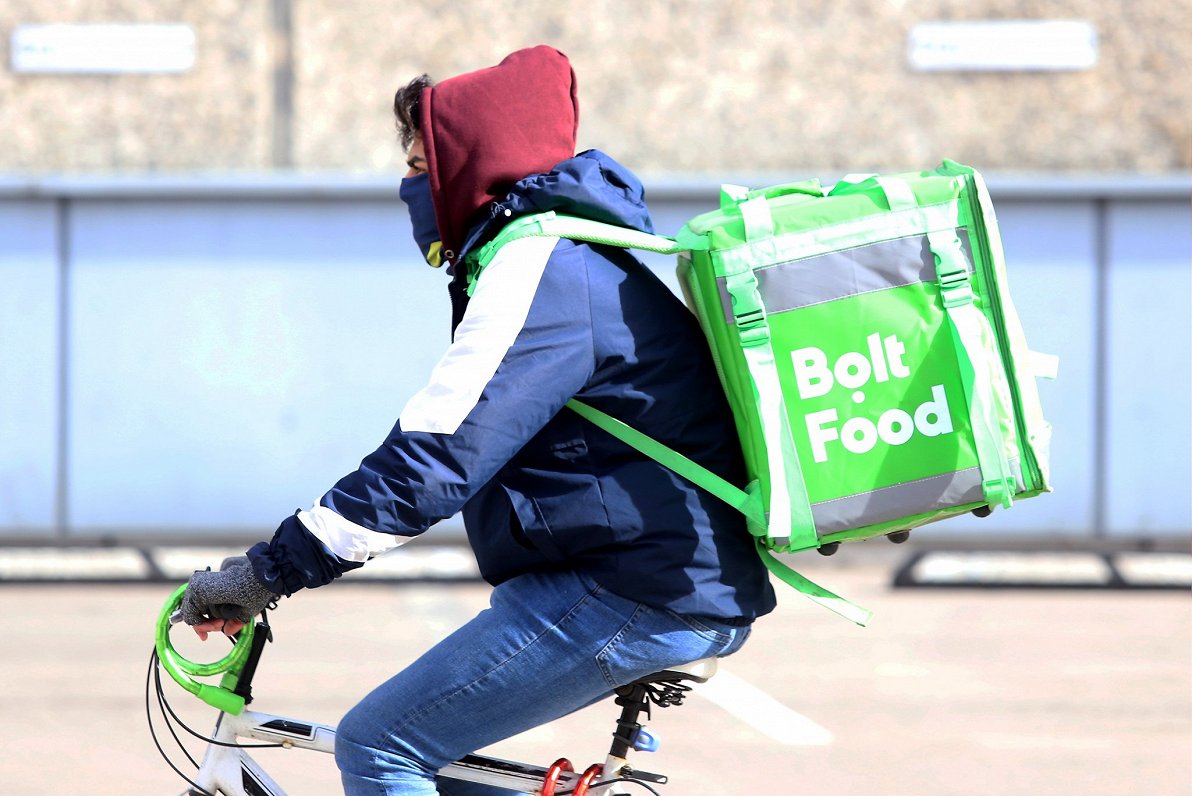Drivers, food couriers, kebab shop employees – non-Latvian-speaking young people are increasingly present on the streets of Rīga and other big cities. Accordingly, various assumptions about allegedly illegal entry and unauthorized employment are increasingly spreading at rumor level. One of the most common theories is that these people arrive in Latvia on student visas, but actually have the goal of earning. Are there grounds for such presumptions? Saeima committee deputies took the job to verify this.
“Open to the world” – says the slogan above the doors of Rīga Stradiņš University (RSU). Meanwhile, Saeima deputies are worried – perhaps Latvian universities have become too open for guest students.
The Saeima Citizenship, Migration, and Community Cohesion Committee assessed whether hidden migration is taking place under the guise of attracting foreign students. “In informal conversations, people express concern that there is a large unregistered migration here underneath, that they come here to learn, pay their study fees, but they do not learn,” said Gunārs Kūtris (Union of Greens and Farmers), chairman of the Citizenship Committee of the Saeima.
According to the Ministry of Education, more than 7,000 students from outside the EU, EEA, and Schengen area countries are currently studying in Latvia. Most (2,667) are from India, followed by Uzbekistan (1,271), Ukraine (840) and Sri Lanka (700). There are also around 500 students from Russia who started their studies in Latvia even before the war, but new students from the aggressor state are not welcome. The greatest interest is in medical studies.
The representatives of the institutions of higher education told deputies at the meeting of the Saeima Commission that these students have come to gain knowledge, not to work.
“This is not possible in Rīga Stradiņš University, because, first of all, studies are expensive. It would be strange why pay a study fee and go to work. About 80% of study content is in person and there is no time left to work,“ RSU Administration and Development Prorector Toms Baumanis noted.
If anyone has neglected the studies, the relevant services shall be informed thereof. “If, unfortunately, the student is exmatriculated, then we inform PMLP within days that this student has been expelled,” Baumanis said.
Representatives of Riga Technical University and the University of Business Turiba also provided similar arguments to deputies. The Office for Citizenship and Migration Affairs (PMLP) confirmed the findings of the training institutions.
“This notification is very, very timely. If this meeting, the Commission meeting, were 15 years ago, then we would complain, but right now, no,” said Ilze Briede, head of the PMLP's migration division.
In accordance with the Immigration Law, an undergraduate guest student in Latvia may work 20 hours a week during learning and 40 hours a week during the holidays. Although PMLP has repeatedly caught students who have exceeded that rule, such cases are rare.





























